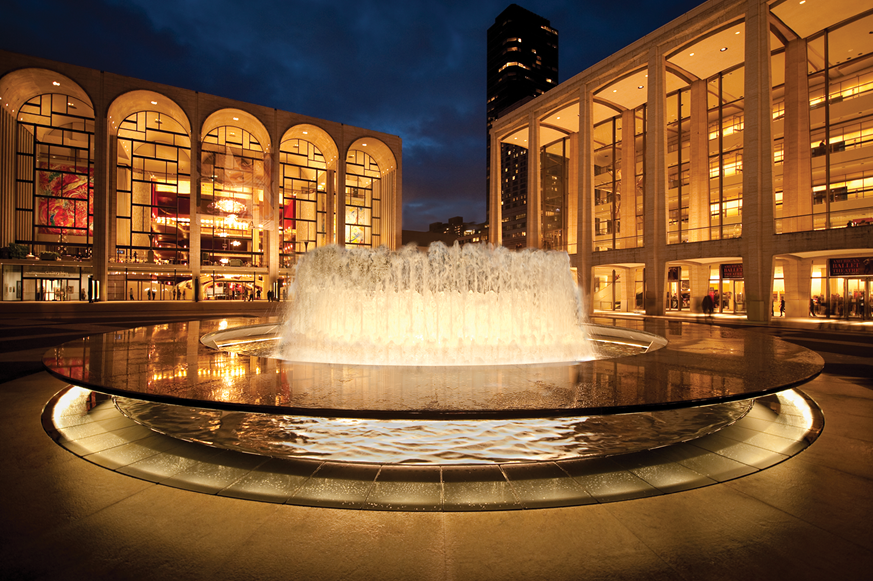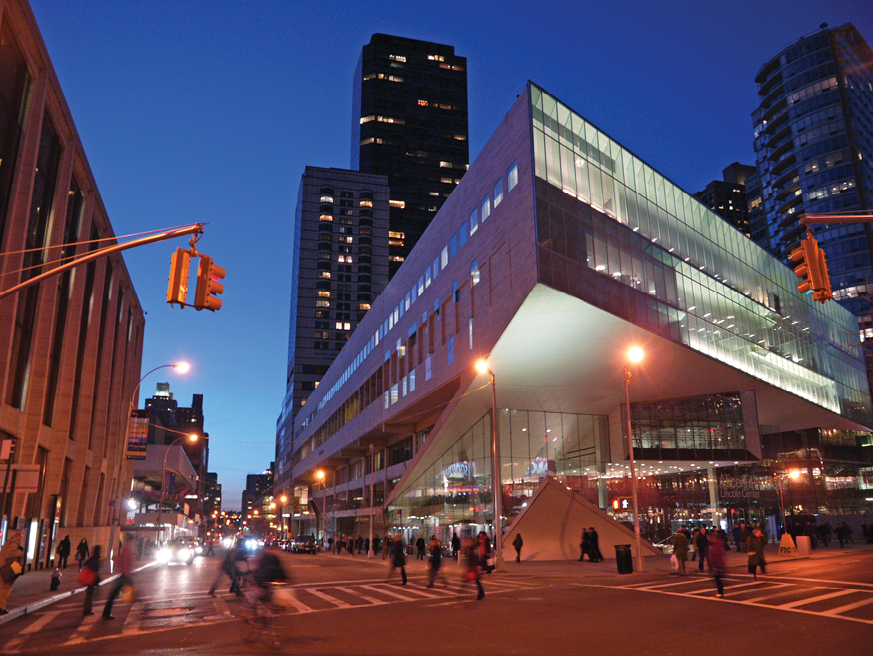- Home
- Media Kit
- Current Issue
- Past Issues
- Ad Specs-Submission
- Ad Print Settings
- Reprints (PDF)
- Photo Specifications (PDF)
- Contact Us

![]()
ONLINE

The Power of the Arts
Editors’ Note
Prior to his current position, Henry Timms served as Executive Director of the 92nd Street Y for more than 12 years where he created programs and movements that foster learning, civic responsibility, culture and innovation, both in New York City and around the world. In 2012, Timms founded GivingTuesday, which engages more than 27,000 partners in a global day of giving that was honored with a Cannes Lion at the International Festival of Creativity; the PRWeek Global Award for Nonprofit Campaign of the Year; and the inaugural UJA-Federation Riklis Prize in Agency Entrepreneurship. Timms also co-founded the annual Social Good Summit which pioneered a new, inclusive summit model that opened up the critical discussions held during UN week to a much wider audience and led to concurrent gatherings around the world. As an extension of the Social Good Summit, Timms partnered with Wesleyan University to develop a MOOC (massive open online course) called “How to Change the World” and 51,000 students participated in its first year. Timms co-authored the “Big Idea” in the December 2014 edition of the Harvard Business Review on New Power – How Power Works in Our Hyperconnected World and How to Make it Work For You, which was named one of the ten “Ideas of the Year” by CNN. He is a practitioner in residence at the Stanford Center on Philanthropy and Civil Society (Stanford PACS) and a member of the World Economic Forum’s Network of Global Agenda Councils. In 2014, Timms was named The NonProfit Times Influencer of the Year. Timms is a member of several philanthropic committees, including the Lipman Prize Committee at the Wharton School of the University of Pennsylvania. He serves on the board of the Nightingale-Bamford School in New York and is a fellow of the Royal Society for the Arts (RSA), where he is chair of the nominating committee for the RSA’s Benjamin Franklin Medal.
Organization Brief
Lincoln Center for the Performing Arts (lincolncenter.org) is the steward of the world’s leading performing arts center, an artistic and civic cornerstone for New York City comprised of 11 resident companies on a 16-acre campus. The nonprofit’s strategic priorities include: supporting the arts organizations that call Lincoln Center home to realize their missions and fostering opportunities for collaboration across campus; championing inclusion and increasing the accessibility and reach of Lincoln Center’s work; and reimagining and strengthening the performing arts for the 21st century and beyond, helping ensure their rightful place at the center of civic life.

The fountain at Lincoln Center in New York City’s Upper West Side
What have been the keys to Lincoln Center for the Performing Arts’ success and leadership?
We have some of the most dedicated, creative and inspiring professionals here at Lincoln Center. The Boards and staffs of the eleven organizations that make up our campus, and the audiences from across New York City and beyond whom we all serve, are a continued source of strength.
Our success is also, of course, intertwined with the phenomenal artists we lift up every day. Artists are traditionally some of the most skilled at thinking beyond the way things have always been done. That sustains us always.
How do you describe your leadership style and what do you see as the keys to effective leadership?
I see it as my job to lead a culture where this creativity and bold thinking is unleashed, and where all of our people know they are trusted, valued, and that their work is essential to the larger mission of our organization. But I think the real key to leading is learning. Every day I learn from my team and others new ways to add value.
How do you define resilience?
We are resilient when we are faced with the unexpected, the unknown, the crushingly disheartening, and are able to quickly process, move forward and, importantly, lead the people around us to do the same.
“Our success is also, of course, intertwined with the phenomenal artists we lift up every day. Artists are traditionally some of the most skilled at thinking
beyond the way things have always been done.
That sustains us always.”
How is resilience incorporated into the culture of Lincoln Center for the Performing Arts?
I’m so proud of how our team at Lincoln Center has handled the unprecedented situations we find ourselves in. We pivoted quickly and collaboratively. This is a team that believes wholeheartedly in the arts and comes to work every day ready to serve our communities. Everyone here is trusted to do their jobs to the very highest standards. We are inspired by the artists and the resident organizations around us.
How does resilience factor into what you did at the 92nd Street Y?
No organization gets to be 144 years old, like the 92nd Street Y, without resilience. The key to its success is a foundation of deeply held Jewish values that sustain it through hard moments and even hard decades. These values connect with people of all backgrounds. The Y’s open doors are key to its resilience.

Alice Tully Hall, a 1,095-seat concert hall located within
the Juilliard School building and the home stage of
The Chamber Music Society of Lincoln Center
As the co-founder of GivingTuesday, you have created a movement unleashing the power of people and organizations to transform their communities and the world. Will you discuss the impact of GivingTuesday?
GivingTuesday has catalyzed millions for important causes around the world. It grew out of the work of the Belfer Center at the 92nd Street Y. The key to its success has been its flexibility which is a core part of being resilient. People all around the world took the idea and made it their own. We’ve seen activities in 100 countries, from blood drives to volunteer efforts to even someone donating a kidney. I was especially proud to see #GivingTuesdayNow, a response to the challenges of COVID-19, generate around $500 million online for good causes.
How has your personal resilience helped to drive your work?
I admire so much any working parent who has to balance, or at least try to balance, the demands of big roles and small people. It certainly takes some resilience when your executive committee Zoom meeting gets photobombed by an eight-year-old pretending to be a pirate. For me, exercise has also al-ways helped a lot with resilience. If I can keep running, I can keep running.
“The arts connect us and teach us about ourselves and those around us in ways nothing else can.”
Has your work changed as a result of COVID-19 and the anti-racist movement across the U.S. and the world?
Our work has become all the more urgent. The arts connect us and teach us about ourselves and those around us in ways nothing else can. We must be at the center of daily life, very much a part of urgent conversations and solutions. We’re finding new ways to use our campus resources safely. One beautiful example is the collaboration with the New York City Ballet between two queer artists of color performed against the backdrop of our plaza lit up for Pride month, Ces noms que nous portons(These names we carry).
Who are some of the resilient leaders you see today?
I find inspiration and strength in leaders from organizations of all kinds rising to the challenges of this pandemic. One project that brought together so many impressive and generous leaders was the Memorial For Us All series. The Rev. Dr. Chloe Breyer gathered a group of interfaith leaders from across New York City who challenged us to create a musical remembrance for those lost to COVID-19. It was such a privilege to work with them – each, in their own way and through their own faiths, providing leadership and comfort to thousands across our city.![]()